POSCO transitions to Hydrogen-based Steel Production in Korea
POSCO, one of the world’s largest steelmakers, is advancing its carbon neutrality goals by transitioning to hydrogen-based steelmaking. The company has introduced a pilot facility that utilizes hydrogen instead of fossil fuels in the steel production process, significantly reducing carbon emissions. This facility, located at the Pohang Steel Works, produces up to 24 tons of molten iron per day with much lower emissions compared to traditional methods. As POSCO continues to innovate and expand its hydrogen reduction steelmaking capabilities, the company is addressing key challenges such as production costs and power supply needs. Hydrogen pressure vessels typically require KGS certification in order to be approved for import and sale in Korea.
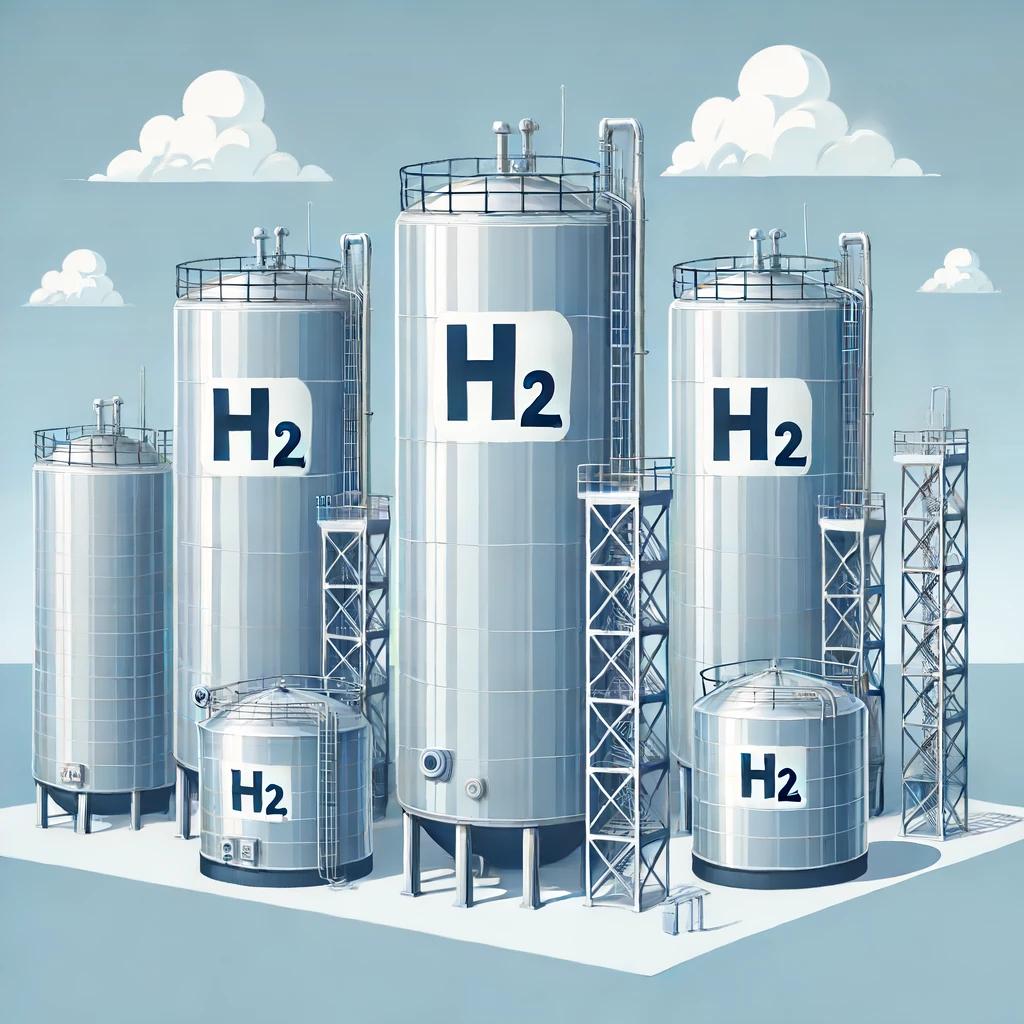
POSCO’s long-term vision includes producing 2.5 million tons of steel by 2040 using only hydrogen, with full commercialization of the technology by 2030. Hydrogen pressure vessels typically require KGS certification in order to be approved for import and sale in Korea.
Feel free to contact us any time if you need assistance or have any questions regarding Korean certifications like KC, KC EMC, KCs, KCs for explosion safety products or KGS factory registration.
Tel. Europe: +49-69-271 37 69 261
Tel. US: +1 773 654-2673
Email: info@korea-certification.com
For more information you can download our free brochure “Korea Certification Made Easy – The Booklet“.
LS Materials unveils new Ultra Capacitor
LS Materials has launched CellDule, the world’s first “cell module integrated” ultracapacitor, which was unveiled at PCIM Europe 2024 in Germany. This innovation aims to eliminate the traditional cell packaging process by connecting electricity-storing components directly to a module, reducing volume and weight by over 30%, increasing energy density and halving the production process. Ultra capacitors, which are known for their fast charge/discharge capabilities and long life, are expected to see significant market growth, with CellDule expected to outperform existing products due to its efficiency. Electrical components usually require KC Safety certification in order to be approved for import and distribution in Korea.
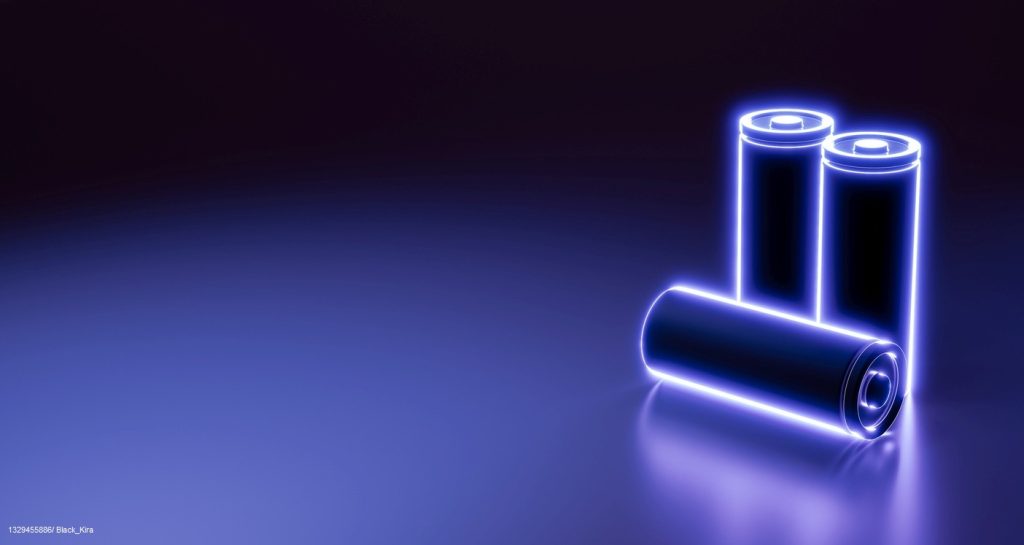
CellDule is intended to be used in auxiliary batteries for automobiles and other applications such as robots, wind turbine generators, UPS systems and energy storage systems. The importance of the product was highlighted at PCIM Europe 2024, where it attracted attention and highlighted its potential impact on the industry. LS Materials aims to capitalize on the growing global ultracapacitors market by expanding its market presence and promoting its advanced technology.
Feel free to contact us any time if you need assistance or have any questions regarding Korean certifications like KC, KC EMC, KCs, KCs for explosion safety products or KGS factory registration.
Tel. Europe: +49-69-271 37 69 261
Tel. US: +1 773 654-2673
Email: info@korea-certification.com
For more information you can download our free brochure “Korea Certification Made Easy – The Booklet“.
Samsung’s new bespoke AI Hybrid Refrigerator sets Efficiency Benchmark
Samsung Electronics has announced the launch of the Bespoke AI Hybrid refrigerator, featuring an innovative hybrid cooling system, a first in South Korea. This system aims to significantly reduce electricity consumption, potentially saving up to 28,000 won annually on electric bills. Home appliances require KC safety certification to be approved for import and sale in Korea.
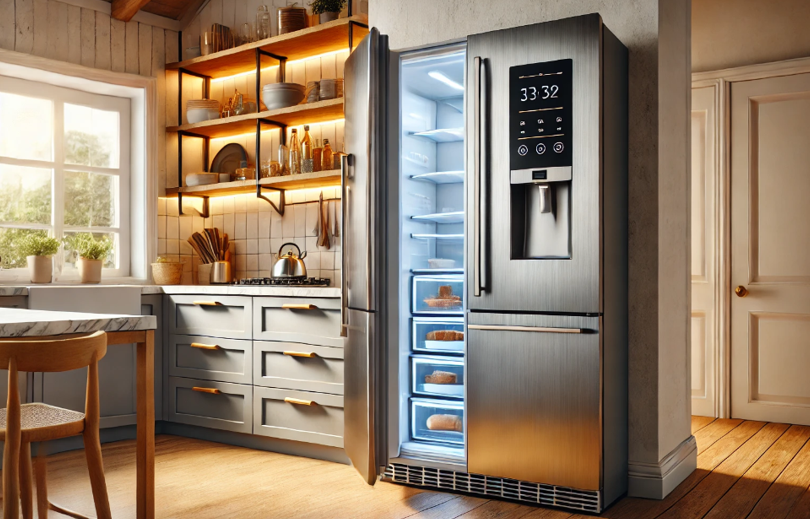
The Bespoke AI Hybrid refrigerator surpasses the highest domestic energy efficiency rating by 30%, thanks to its unique dual-power source. This system combines an AI inverter compressor with a Peltier device, which activates as a supplementary power source when additional cooling is needed. The Peltier device operates by passing an electric current through two different semiconductors, efficiently cooling without refrigerants. Enhanced compressor technologies and the AI Save Mode optimize energy usage, with potential savings of up to 25%. The integration of the Peltier device has also increased internal capacity by 25 liters.
Feel free to contact us any time if you need assistance or have any questions regarding Korean certifications like KC, KC EMC, KCs, KCs for explosion safety products or KGS factory registration.
Tel. Europe: +49-69-271 37 69 261
Tel. US: +1 773 654-2673
Email: info@korea-certification.com
For more information you can download our free brochure “Korea Certification Made Easy – The Booklet“.
Kukdong Oil & Chemicals to Build South Korea’s Largest Hydrogen Production Facility in Ulsan
South Korea’s Kukdong Oil & Chemicals Co. has announced plans to build the nation’s largest hydrogen gas production facility in Ulsan, aiming to enhance its role in the renewable energy sector. The facility, a venture by K&D Energen Co., a joint project between Kukdong and Deokyang Energen Corp., is slated for completion in May 2026. Pressure vessels and other equipment relevant to hydrogen gas production usually require KGS registration, the primary Korea hydrogen certification, in order to be approved for import and sale in Korea.

The hydrogen production plant will have a capacity of 92,000 normal cubic meters per hour (8,280 kg) and involves an investment of approximately 218.5 billion won ($157 million). Located at the Onsan National Industrial Complex in Ulsan, the hydrogen produced will mainly supply S-Oil’s Shaheen Project, which focuses on high-value-added petrochemical production within the complex. Kukdong Oil & Chemicals is shifting from its 40-year history in industrial lubricants and fuel sales towards renewable energy. This move aligns with global trends emphasizing eco-friendly energy sources and will strengthen South Korea’s position in the hydrogen energy sector. The success of the project hinges on the adoption of advanced technologies, supportive regulatory frameworks, and government incentives, as well as the environmental management of the production process.
Feel free to contact us any time if you need assistance or have any questions regarding Korean certifications like KC, KC EMC, KCs, KCs for explosion safety products or KGS factory registration.
Tel. Europe: +49-69-271 37 69 261
Tel. US: +1 773 654-2673
Email: info@korea-certification.com For more information you can download our free brochure “Korea Certification Made Easy – The Booklet
South Korea unveils Support Plan to boost Semiconductor Ecosystem
South Korea has unveiled a comprehensive support plan aimed at bolstering its semiconductor ecosystem, announced at the recent Economic Ministers’ Meeting. This initiative is designed to enhance the country’s competitiveness in the global semiconductor market, building on a previously outlined support direction of 26 trillion won. Products and components relevant to semiconductors and related products usually require KCs certification in order to be approved for import and sale in Korea.
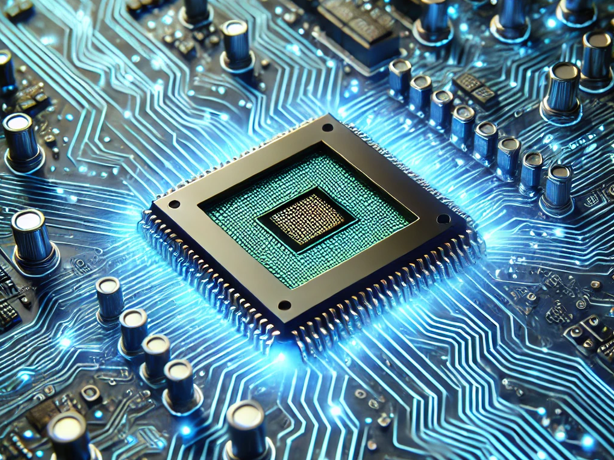
Key elements of the plan include the launch of an 18.1 trillion won financial support program for semiconductor companies starting next month. By 2027, the government aims to invest up to 2 trillion won into the Korea Development Bank, establishing a 17 trillion won low-interest loan program. Large companies will benefit from preferential interest rates between 0.8-1.0%, while SMEs will receive rates between 1.2-1.5%. Additionally, a new semiconductor ecosystem fund will be created, expanding to 1.1 trillion won by 2027, with equity investments in materials, parts, and fabless companies beginning next month.
Further measures include extending the national strategic technology tax credit application period by three years and expanding its scope to include advanced semiconductor technologies. From 2025 to 2027, 5 trillion won will be invested in R&D, commercialization, and workforce development. Infrastructure improvements, such as roads, water supply, and electricity for semiconductor clusters, will be prioritized. The government’s extensive investment underscores the strategic importance of the semiconductor industry for national security and economic growth.
Feel free to contact us any time if you need assistance or have any questions regarding Korean certifications like KC, KC EMC, KCs, KCs for explosion safety products or KGS factory registration.
Tel. Europe: +49-69-271 37 69 261
Tel. US: +1 773 654-2673
Email: info@korea-certification.com
For more information you can download our free brochure “Korea Certification Made Easy – The Booklet“.
LG Display Debuts Groundbreaking Tandem OLED for Laptops
LG Display has launched its innovative 13-inch Tandem OLED panel for laptops, marking a significant advancement in display technology. Announced on June 24, this new panel begins mass production and is the first to feature the Tandem OLED design, which stacks two layers of RGB organic light-emitting diodes. This structure offers superior brightness, doubled lifespan, and up to 40% reduced power consumption compared to traditional OLEDs. Electronic products usually require KC Safety certification in order to be approved for import and sales on the Korean market.
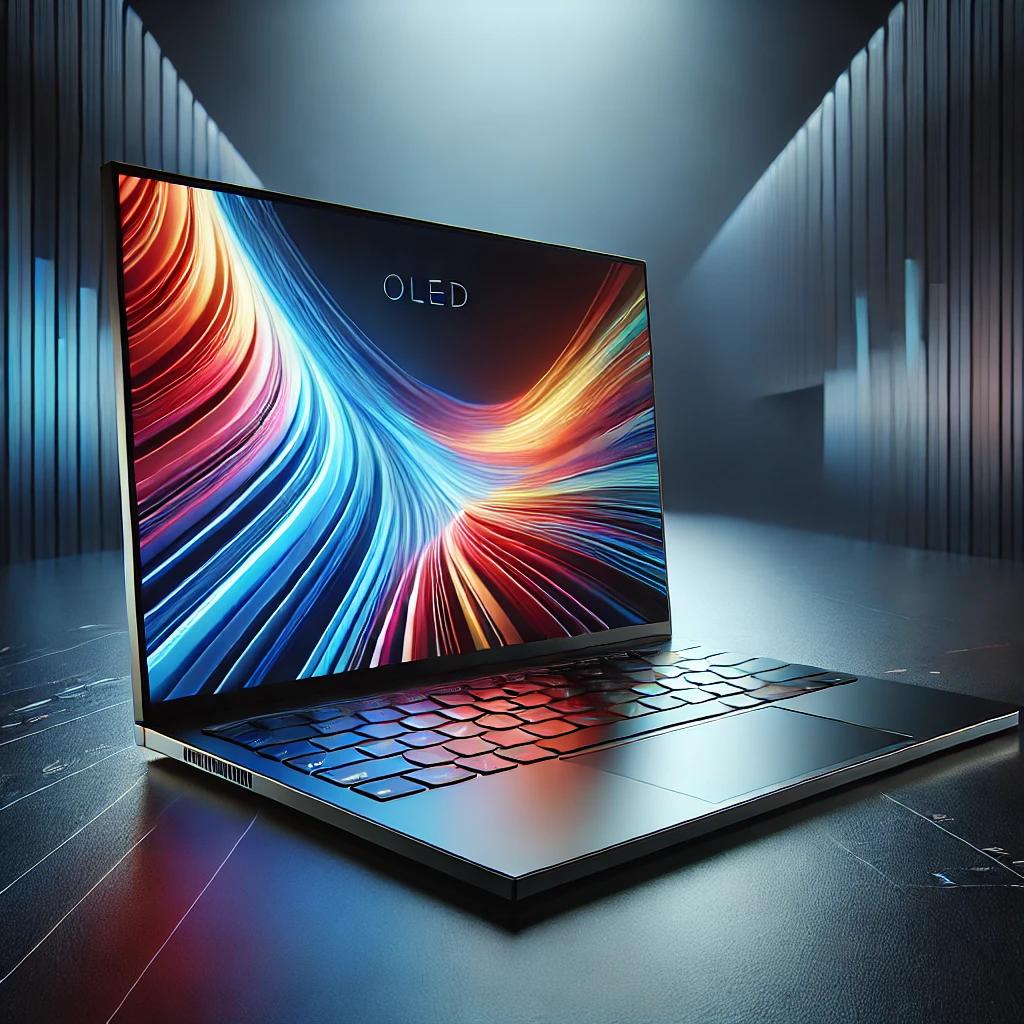
Initially used in automotive displays for their demanding quality, the Tandem OLED is now tailored for high-usage IT products like laptops. The new panel is also 40% thinner and 28% lighter, enabling more portable and sleek laptop designs.
This is the first application of Tandem OLED technology in a laptop panel, specifically engineered to meet the unique demands of laptop usage. Compared to traditional OLED panels, this laptop-specific Tandem OLED panel offers double the lifespan, triple the brightness, and up to 40% reduction in power consumption. These features make it particularly suitable for both standard laptops and high-performance devices like AI-powered laptops.
Feel free to contact us any time if you need assistance or have any questions regarding Korean certifications like KC, KC EMC, KCs, KCs for explosion safety products or KGS factory registration.
Tel. Europe: +49-69-271 37 69 261
Tel. US: +1 773 654-2673
Email: info@korea-certification.com For more information you can download our free brochure “Korea Certification Made Easy – The Booklet
Over 200,000 Children’s Products Detained at Customs
A government safety inspection at the customs stage has led to the detection of over 200,000 products that did not meet safety standards, with the majority being children’s items. The Ministry of Trade, Industry and Energy’s National Institute of Standards and Technology, along with the Korea Customs Service, revealed these findings after a three-week inspection aimed at preventing illegal imports. Children’s items and also other products often require KC Safety certification in order to be approved for import and sales on the Korean market.
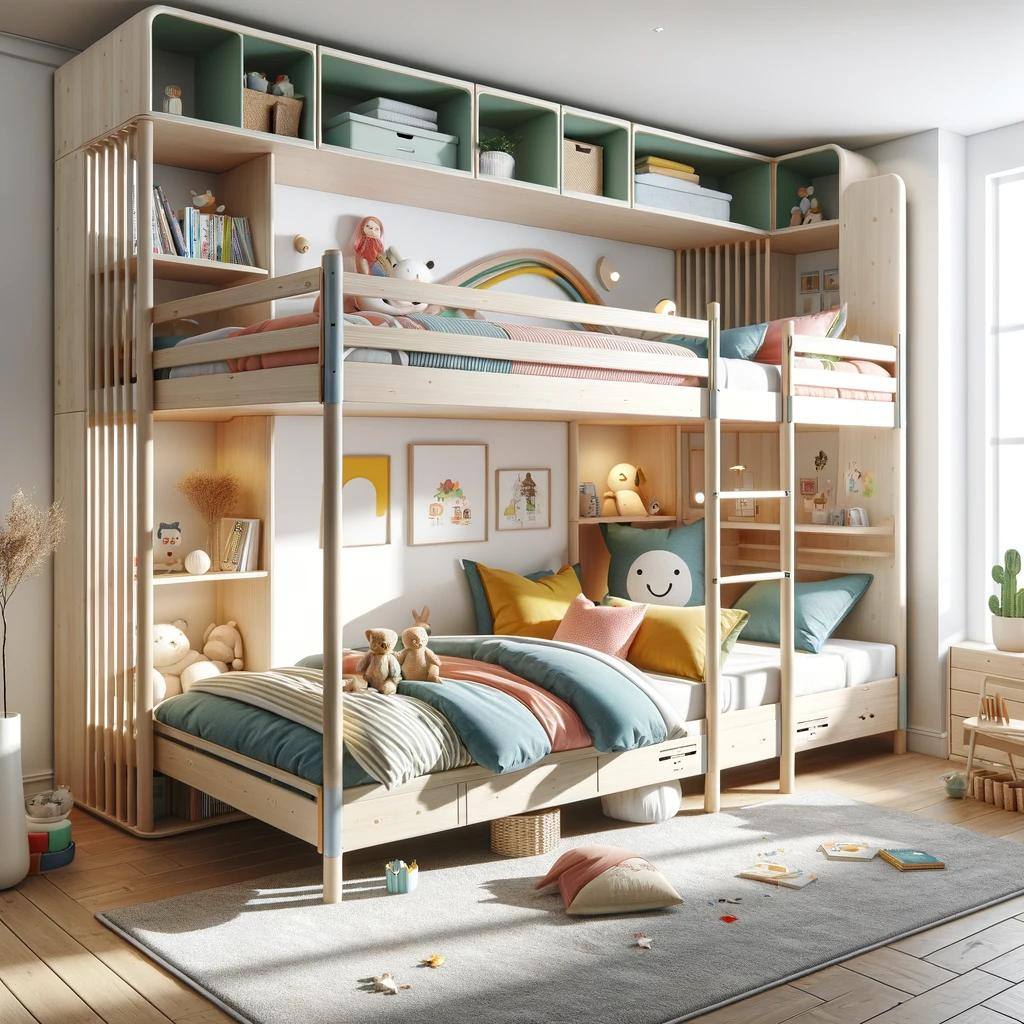
Since 2016, such inspections have targeted electrical appliances, household goods, and children’s products. This recent inspection uncovered over 200,000 non-compliant children’s products, mostly toys. Common issues included products with KC certification that lacked proper labeling and false certification numbers. Non-compliant products will either need to be corrected, discarded, or returned. The Korea Testing Laboratory and Korea Customs Service will continue to enforce strict inspections to ensure product safety.
Feel free to contact us any time if you need assistance or have any questions regarding Korean certifications like KC, KC EMC, KCs, KCs for explosion safety products or KGS factory registration.
Tel. Europe: +49-69-271 37 69 261
Tel. US: +1 773 654-2673
Email: info@korea-certification.com
For more information you can download our free brochure “Korea Certification Made Easy – The Booklet“.
POSCO revamps and restarts Furnace with Smart Technology
POSCO, the world’s seventh-largest steelmaker, has restarted its No. 4 blast furnace at the Pohang Steel Works in South Korea after a significant upgrade. The more than $380 million investment introduced a smart system powered by deep learning to enhance productivity and reduce costs. This system allows the furnace to predict outcomes and self-regulate. Heavy industrial machines such as used in steel works often require KCs certification, in order to be approved for sale and use on the Korean market.
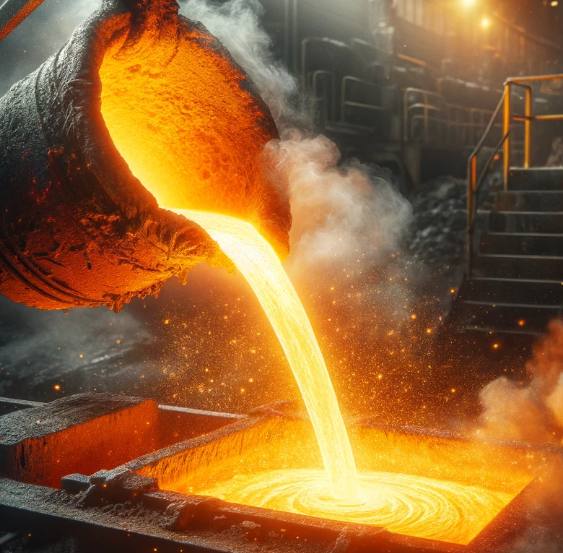
POSCO hopes for the furnace to bolster the company’s long-term competitiveness. The revamp included replacing old equipment and improving the cooling method, increasing the furnace’s efficiency. The furnace, with an internal volume of 5,600 cubic meters, has been operational since 1981 and underwent major renovations in 1994 and 2010. Steelmakers typically renovate furnaces every 15 years to maintain their operational cycle.
Feel free to contact us any time if you need assistance or have any questions regarding Korean certifications like KC, KC EMC, KCs, KCs for explosion safety products or KGS factory registration.
Tel. Europe: +49-69-271 37 69 261
Tel. US: +1 773 654-2673
Email: info@korea-certification.com
For more information you can download our free brochure “Korea Certification Made Easy – The Booklet“.
Seoul and Yeongcheon to initiate Hydrogen Production from Biogas Projects
Seoul and Yeongcheon in North Gyeongsang Province are launching pioneering projects to produce hydrogen from biogas, marking a significant step towards sustainable energy. These projects will convert organic waste like livestock manure, food waste, and sewage sludge into renewable energy, supporting carbon neutrality and local hydrogen self-sufficiency. Products involved in hydrogen production such as pressure vessels usually require KGS Certification in order to be approved for import and sale on the Korean market.
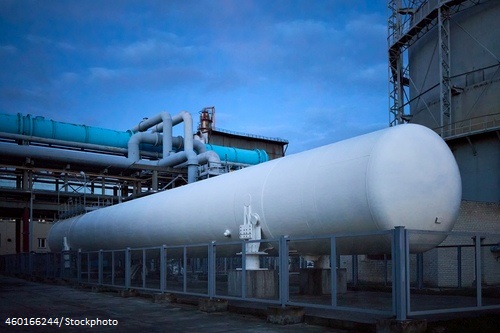
The Ministry of Environment, Korea Environment Corporation, Yeongcheon city, and private company EcoBio Holdings have signed a memorandum of understanding on April 4 to facilitate hydrogen production from biogas.This partnership highlights the collective effort of government, local, and private sectors to leverage sustainable energy technologies.
Yeongcheon, designated as a biogas-based hydrogen producer this year, aims to produce around 500kg of hydrogen daily from 4,000Nm³ of biogas at the Integrated Biogasification Facility in Geumho-eup, enough to power approximately 100 hydrogen-fueled cars per day.
EcoBio Holdings will similarly produce hydrogen in Seoul’s Gangseo District at the Seonam Water Recycling Center, using sewage to match Yeongcheon’s hydrogen output. Both projects plan to complete facilities by 2025, with hydrogen production starting in 2026.
This initiative follows the successful biogas-based hydrogen production precedent set by Boryeong in South Chungcheong Province and Hyundai Motor Company.
Feel free to contact us any time if you need assistance or have any questions regarding Korean certifications like KC, KC EMC, KCs, KCs for explosion safety products or KGS factory registration.
Tel. Europe: +49-69-271 37 69 261
Tel. US: +1 773 654-2673
Email: info@korea-certification.com
For more information you can download our free brochure “Korea Certification Made Easy – The Booklet“.
Samsung C&T to construct Korea’s first Power Plant Hydrogen Tank for over $100 Million
Samsung C&T Corp., part of South Korea’s Samsung Group, has secured a 140 billion won ($103 million) contract to develop Korea’s first coal and hydrogen compound-fueled power generation infrastructure. The project, awarded by Korea Southern Power Co. (KOSPO), involves constructing a 30,000-ton tank to store and manage hydrogen compounds at KOSPO’s Samcheok plant in Gangwon Province. Pressure vessels and similar equipment related to the hydrogen industry generally require KGS approval to be imported and distributed in Korea.

Samsung C&T will handle the engineering, procurement, and construction (EPC) of the project, which is set to complete by July 2027. This includes a double-wall sealed tank to enhance safety, high-level gas detection and blocking systems, and a real-time environmental monitoring system.
The project aims to use carbon-free hydrogen compounds for 20% of KOSPO’s fuel mix, helping reduce greenhouse gases by 1.1 million tons annually. Samsung’s selection for this project is attributed to its expertise in global energy storage facilities and its collaboration with Whessoe Engineering Ltd., a UK-based specialist.
Samsung hopes this project will bolster its participation in future renewable energy initiatives both domestically and internationally.
Feel free to contact us any time if you need assistance or have any questions regarding Korean certifications like KC, KC EMC, KCs, KCs for explosion safety products or KGS factory registration.
Tel. Europe: +49-69-271 37 69 261
Tel. US: +1 773 654-2673
Email: info@korea-certification.com
For more information you can download our free brochure “Korea Certification Made Easy – The Booklet“.



